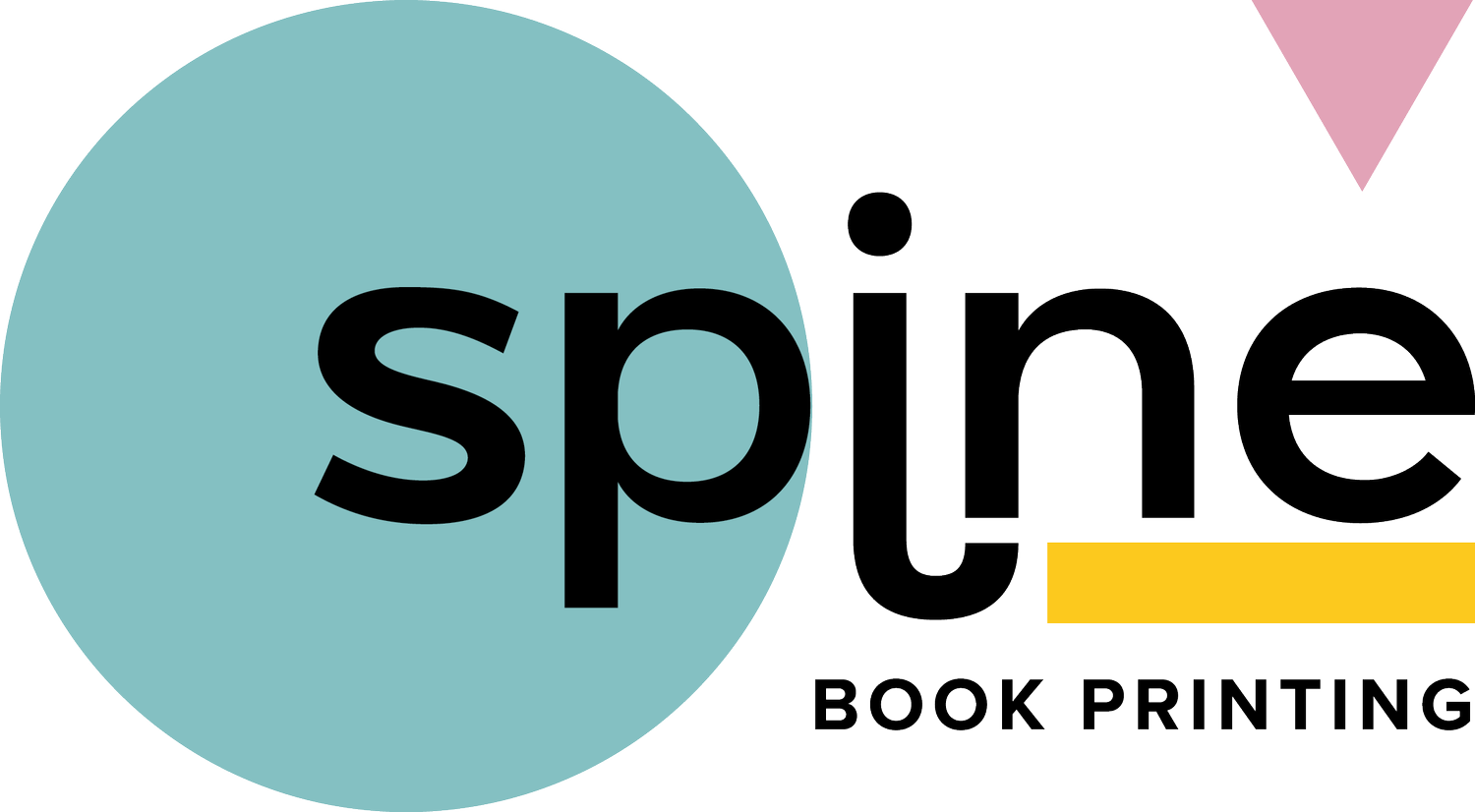Overcoming Writing Fatigue During Long Projects
Writing a book is undoubtedly a thrilling adventure. However, along with the excitement comes the challenge of maintaining momentum over long projects. Many self-published authors find their enthusiasm dwindling as they reach the middle of their work. Writing fatigue is a common phenomenon where the mind and body feel drained, making every word, sentence, and page harder to produce. This fatigue can occur at any stage of the writing process, leaving you exhausted and uninspired.
Luckily, understanding and addressing writing fatigue can help you push through those challenging times. Keeping motivation high is vital to ensuring that your self-published book reaches its full potential. By recognizing signs of fatigue and implementing effective strategies, you can achieve your project goals and maintain your productivity levels throughout.
Recognising Signs Of Writing Fatigue
Before tackling writing fatigue, it's essential to recognise its signs. A common symptom is a sudden lack of motivation, which might make the once-exciting prospect of writing feel like a chore. Procrastination may increase, replacing writing time with less demanding activities. Physically, you might notice tiredness, headaches, or tension in your neck and shoulders, all of which can result from long periods of writing without taking breaks.
It's important to differentiate between feeling a bit tired and experiencing genuine writing fatigue. Everyone has days when they don't feel like writing, but prolonged periods of these symptoms point to something more significant. To help identify this, consider reflecting on your feelings and habits over the past few weeks. Frequent reluctance to write, along with multiple instances of swapping productivity for procrastination, may signal that you're facing writing fatigue.
Being aware of these signs early can guide you in taking proactive steps to mitigate their impact, ensuring you remain on track with your writing journey.
Establishing A Sustainable Writing Routine
Creating a balanced writing routine can be your anchor during long projects. Start by setting realistic goals that take both your energy and available time into account. For example, instead of aiming to write an entire chapter in one sitting, break this down into smaller milestones, like writing one section a day. This not only makes the task more manageable but also gives you little wins that boost morale and motivation.
It's also beneficial to establish specific times for writing and stick to them. Whether it's one hour every morning or a dedicated evening slot, consistency helps make writing a habit rather than a chore. During these times, treat writing like an appointment with yourself that you can't miss. Scheduling writing time can also help prevent procrastination, as it builds a regular routine around your creative process.
To enhance your routine:
- Set achievable daily goals: Aim for a specific word count or finish a certain section each day.
- Take regular breaks: Follow techniques like the Pomodoro Technique, where you work for 25 minutes and take a 5-minute break.
- Be flexible: Adjust your routine as needed. Life is unpredictable, so adapt to what's happening around you.
Incorporating Physical And Mental Well-Being Practices
Taking care of both body and mind is critical when it comes to overcoming writing fatigue. Long writing sessions can take a toll on your physical health, so incorporating simple exercises and stretches can alleviate tension and keep you feeling refreshed. For instance, take five minutes every hour to do gentle neck rolls, stretch your arms, or walk around the room. These movements can prevent stiffness and reduce the physical fatigue that often accompanies long writing periods.
Mental well-being is equally important. Practices like mindfulness and meditation can help you maintain focus and reduce stress. Just a few minutes of deep breathing or quiet reflection can reset your mind and bring you back to your writing with a fresh perspective. You may also explore relaxation methods such as guided imagery or listening to calm music to ease the mind.
Consider these tips to support your well-being:
- Practise deep breathing: Spend a few minutes daily on breathing exercises to improve focus and relaxation.
- Use tools and apps: Apps designed for meditation can guide you through mindfulness sessions.
- Stay hydrated: Keep water handy to ensure you remain alert and avoid lethargy.
Key Takeaways for Overcoming Writing Burnout
Navigating the hurdles of writing fatigue demands patience and perseverance. By recognising the signs early, establishing a routine, and taking care of your physical and mental health, you can maintain productivity and keep your creative juices flowing. Remember, a well-structured approach and healthy habits will help you achieve the vision you have for your work.
As you move forward with your project, these strategies can act as your allies. Embrace them, adapt them to your needs, and watch as your writing journey transforms from a struggle into a rewarding experience. Whether you're just starting out or are midway through, these tips can empower you to reach your goals with renewed vigour and commitment.
Whether you're just beginning to explore self-publishing or you're ready to bring your creative vision to reality, maintaining momentum is key to success. If you're looking for expert help with your self-published book printing, Spine Book Printing offers a range of high-quality options to meet your needs. Discover more about our services and how we can assist in taking your project to the next level. Let us help you transform your journey from a mere idea into a finished masterpiece.

